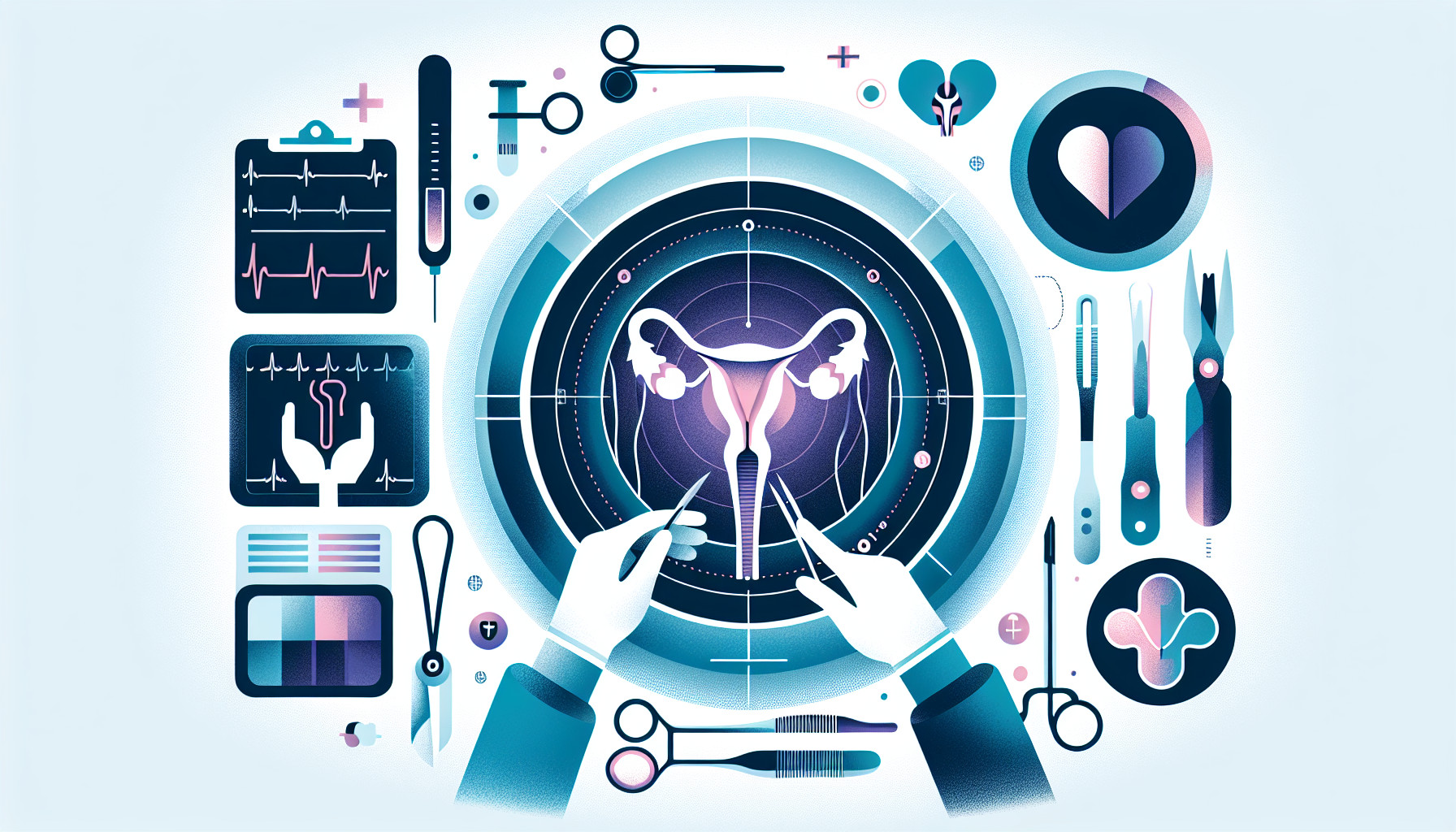Our Summary
The research paper is about the recurrence of varicocele, a condition where the veins in the scrotum become enlarged. This is a common issue after varicocele repair surgery. The researchers reviewed different articles and sources to study the recurrence rates, the physical reasons for recurrence, and the ways to manage it when it happens again. The sources that were studied were only in English and did not include individual case reports, cases where the varicocele was not clinically significant, or cases involving children under 18 years old. The recurrence rates varied depending on the type of surgery used for repair, ranging from 0% to 35%. Venography, a procedure to visualize the veins, can outline the anatomy of the recurrence. The recurrence can be managed either through another surgery or through embolization, a procedure to block the blood flow to the varicocele.
FAQs
- What is the recurrence rate of varicocele after surgery?
- How is the anatomy of varicocele recurrence defined?
- What are the methods for managing recurrent varicoceles?
Doctor’s Tip
One helpful tip a doctor might tell a patient about varicocele surgery is to follow post-operative care instructions carefully to reduce the risk of recurrence. This may include avoiding strenuous activities, wearing supportive underwear, and attending follow-up appointments to monitor recovery progress. If any symptoms of recurrence, such as pain or swelling, occur, it is important to contact the doctor promptly for further evaluation and management.
Suitable For
Patients who are typically recommended varicocele surgery include those who are experiencing symptoms such as pain, discomfort, or swelling in the scrotum, infertility issues, or abnormal testicular growth. Additionally, patients with a large or palpable varicocele, or those who have not had success with conservative management (such as wearing supportive underwear or taking pain medication) may also be recommended for surgery. It is important for patients to discuss their symptoms and concerns with a healthcare provider to determine if varicocele surgery is the appropriate treatment option for them.
Timeline
Before varicocele surgery:
- Patient experiences symptoms such as pain, discomfort, swelling, or infertility due to the varicocele.
- Patient undergoes a physical examination and diagnostic tests, such as scrotal ultrasound, to confirm the presence of a varicocele.
- Treatment options are discussed with the patient, including the risks and benefits of varicocele surgery.
- Patient schedules and prepares for varicocele surgery, which may involve fasting before the procedure and arranging for transportation home afterwards.
After varicocele surgery:
- Patient may experience some discomfort, swelling, or bruising in the scrotum following the surgery.
- Patient is typically able to go home the same day of the surgery and is advised to rest and avoid strenuous activities for a period of time.
- Follow-up appointments are scheduled to monitor the patient’s recovery and assess any complications.
- Patient may gradually return to normal activities and resume sexual activity as recommended by their healthcare provider.
- Patient may undergo follow-up tests, such as scrotal ultrasound, to confirm the success of the varicocele surgery and ensure no recurrence of the varicocele.
- Patient may experience improvement in symptoms such as pain, discomfort, swelling, or infertility after successful varicocele surgery.
What to Ask Your Doctor
- What is the likelihood of my varicocele recurring after surgery?
- What are the potential causes of varicocele recurrence?
- How will you determine if my varicocele has recurred?
- What are the treatment options if my varicocele does recur?
- What are the risks and benefits of each treatment option for recurrent varicocele?
- How soon after surgery should I follow up with you to check for recurrence?
- Are there any lifestyle changes or precautions I should take to reduce the risk of varicocele recurrence?
- How will recurrent varicocele affect my fertility or other aspects of my health?
- Are there any specific symptoms I should watch for that may indicate my varicocele has recurred?
- What is your experience and success rate in treating recurrent varicoceles?
Reference
Authors: Rotker K, Sigman M. Journal: Asian J Androl. 2016 Mar-Apr;18(2):229-33. doi: 10.4103/1008-682X.171578. PMID: 26806078
